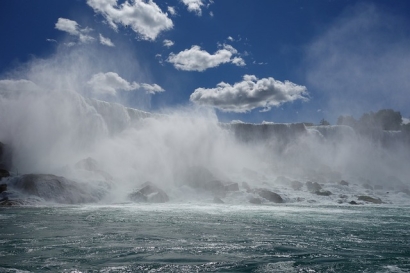
“Water is one of humankind’s oldest methods of generating energy, and with technological advancements, we can harness this renewable power as a core driver for the nation’s clean energy transition,” said U.S. Secretary of Energy Jennifer M. Granholm. “The investments from President Biden’s Bipartisan Infrastructure Law recognize that hydroelectricity is essential to strengthening the power grid and providing reliable, clean, and affordable energy for our communities as we transition to a net-zero economy.”
Hydropower facilities, which use the flow of moving water to generate electricity, currently supply 6% of all electricity in the United States and account for 32% of renewable-electricity generation. Hydropower also provides critical energy storage, accounting for 93% of all utility-scale energy storage, helping to ensure that power is available when consumers need it.
Many hydropower facilities, however, require upgrades to become more efficient or better integrated with other renewable energy sources.
The Maintaining and Enhancing Hydroelectricity Incentives Program, managed by DOE’s Grid Deployment Office (GDO), provides $553.6 million in incentive payments to enhance existing hydropower facilities through capital improvements directly related to three main areas: grid resiliency, dam safety, and environmental improvements.
The Hydroelectric Efficiency Improvement Incentives Program, also managed by GDO, provides a total of $75 million in incentive payments to owners or operators of existing hydroelectric facilities who may apply for funding to make capital improvements that can increase efficiency by at least 3%.
Today’s RFI solicits feedback from a wide range of stakeholders, including industry, clean-energy advocates, and officials in areas that generate hydroelectricity, on the structure of these programs, timing and distribution of funds, definitions of capital improvements, and selection criteria. Comments must be received by 11:59 p.m. EDT on September 6, 2022, and can be submitted to WPTORFI@ee.doe.gov. A public webinar will be held to provide additional information.
The programs moving forward today are part of more than $62 billion in clean energy investments through DOE from the Bipartisan Infrastructure Law.

